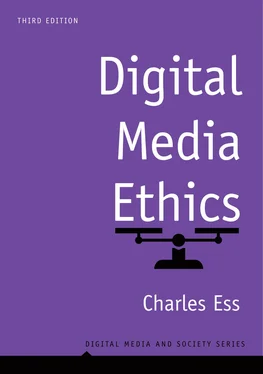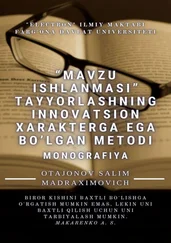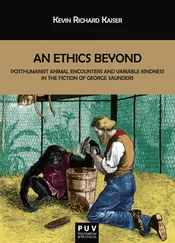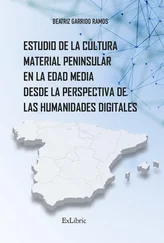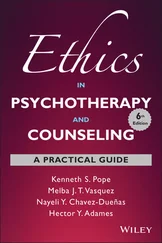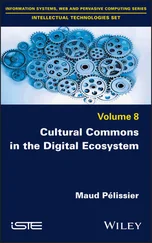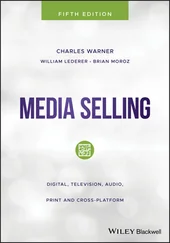Second, the approach. The book has all the required philosophical rigor, but, once again, this is not its most impressive feature. It is also graced by a light touch, which means that Ess has avoided being either prescriptive or proscriptive (you will not be told what to do and what not to do), opting in favor of an enlightened (liberal, in his own words), critical description of the problems discussed. This is a noteworthy advantage, since the author empowers the reader, as should be (but often is not) the case with similar texts. Having said all this, the feature that I find unique and outstanding (in the literal sense that it makes this book stand out on the ideal shelf of other comparable books) is its capacity to combine a pluralistic approach – without the bitter aftertaste of some crypto-relativism – with a well-informed and timely look into non-Western views on the ethical issues it tackles. This is crucial. Following a remarkable tradition of German philosophers (Nietzsche, Schopenhauer, Hegel), Ess makes a sustained and successful effort to bring together Eastern and Western ethical traditions in an enriching and fascinating synthesis. And he achieves all this thanks to his extended, international experiences with a variety of cultures. If you wish to see how masterfully he avoids syncretism, relativism, and dogmatism and succeeds in shaping an overview of the field which is both captivating and ethically robust, you need to read the book. This was already a great feature of the second edition – it is now quite essential given the importance of China’s role in the development of digital technologies and solutions.
Third, the style. This is a reader-friendly book that teaches without patronizing, with a didactic style that can only be the result of decades of care and experience in guiding students and readers through difficult topics. Its degree of accessibility is as misleading as the ability of an acrobat to make her performance look effortless. The third edition just got even friendlier.
Many things are like pornography: it is very difficult to define them, but you recognize them immediately when you see them. Digital media are not an exception. Because we all know what digital media are, even if it is hard to determine the exact boundaries of their nature, applications, evolutions, and effects on our lives, I am confident that the reader will understand why I would recommend this book not only inside but also outside the classroom. Given its topic, its approach, and its style, this is a book for the educated public as well. It should be read by anyone interested in the development and future of the information society and our moral lives within it.
Preface to the Third Edition
No one was more surprised – and then, gratified beyond measure – by the successes of the first edition of this little book. And then came suggestions that a second edition might be in order – and then a third: well, what are surprise and immeasurable gratification squared and then cubed?
Many good comments from colleagues and students who have used the book indicate that “success” here means first of all pedagogical success. The book is designed precisely as a classroom text for use across a wide range of academic disciplines. My intention is that it should be accessible and useful for “the rest of us” – all of us who are neither technology professionals nor philosophically trained ethicists. The guiding assumption here (from Aristotle, along with many other global traditions) is that we are already ethical beings, already equipped with experience and capacities in ethical judgment ( phronēsis ). The aim is to provide a basic ethical toolkit for better coming to grips with the many ethical challenges that confront us all as consumers and citizens, even designers of a digital media lifeworld. 1The broad strategy conjoins primary ethical frameworks and theory with specific ethical experiences in our digital existence – increasingly, as several examples argue, our post-digital existence. 2And lots of practice by way of the “Reflection/discussion/writing questions” designed to provoke and guide reflection and discussion that apply the ethical insights and theories to central examples. On a good day, students and readers will thereby become more adept in using these ethical tools to more confidently and successfully take on newer challenges most certainly to come.
These structures and approaches apparently work – hence (again) a new edition. But to state the painfully obvious: things change fast in our technological world. This was certainly true for the three years between the first (2009) and second editions (2012): it is all the more the case for the subsequent six or so years. Quantitatively : ever more people in the world are connecting to the internet, increasingly via mobile devices. Along the way, the past six years have witnessed the increasing roles of Big Data and Artificial Intelligence (AI), and an emerging Internet of Things (IoT), along with social robots and sexbots. Qualitatively : the optimism driving much of the development and visions of “the internet” from the early 1990s onward appears to have peaked around 2012 following the first-blush successes of the 2011 Arab Springs. Early enthusiasm surrounding these so-called “Twitter Revolutions” or “Facebook Revolutions” was soon tempered by the harsh realities of the Arab Winters of 2013 and thereafter. With the one shining exception of Tunisia, these democratization movements were brutally crushed, in part as regimes learned how to censor and manipulate social media. They further transformed these technologies into infrastructures of total state surveillance – including in ostensibly more democratic societies, as Edward Snowden’s revelations of the US National Security Agency’s surveillance programs documented.
Reasons for pessimism have continued to pile up. They include the Cambridge Analytica scandals and the resulting manipulations of the 2016 US elections and Brexit via fake news and filter bubbles, and the polar choice between US-based “surveillance capitalism” (Zuboff 2019) and the emerging Chinese Social Credit System (SCS). While rooted in diametrically opposite ideologies, both treat us as Skinner rats in a Skinner cage: our behavior is closely monitored and thoroughly controlled through exquisitely refined systems of reward and punishment. Worse still: the SCS is increasingly exported and adopted by other regimes, fueling the dramatic rise of “digital authoritarianism” globally (Shahbaz 2018).
Fortunately, there remain middle grounds and bright spots. The European Union is expanding individual privacy rights via the new General Data Privacy Regulation (GDPR 2016). The EU is likewise developing robust ethical guidelines for an emerging “AI for people” (Floridi et al. 2018). France and Germany are now confronting Google and Facebook with significant fines and anti-trust accusations, respectively (Romm 2019; Spencer 2019). Even the otherwise business-friendly US is moving to fine Facebook some US$5 billion for privacy violations (Kang 2019). Moreover, more and more people are looking beyond “the digital” for a better balance between their online and offline lives – discussed here with the concept of a “post-digital era.” Six years ago, “digital detox” and “mindfulness” were the vocabulary of a few who were dismissed as cranks and Luddites: now these are increasingly central themes among even the most techno-enthusiastic (Roose 2019; Syvertsen and Enli 2019).
These extensive, in some ways epochal, changes have demanded major revisions and updates in every chapter. This has meant “killing my darlings” – many darlings. Dozens and dozens of important references in the literatures, along with several case studies and pedagogical exercises, have been dropped in favor of newer material throughout – beginning with chapter 2on privacy, as increasingly threatened by many of these more recent developments. The reference list is now c. 30 percent larger than its predecessor, and new topics have been added, such as “death online” in chapter 4and sexbots in chapter 5, along with discussion of #Gamergate and more recent empirical evidence regarding the harms and benefits of violent and sexually explicit materials in games.
Читать дальше
